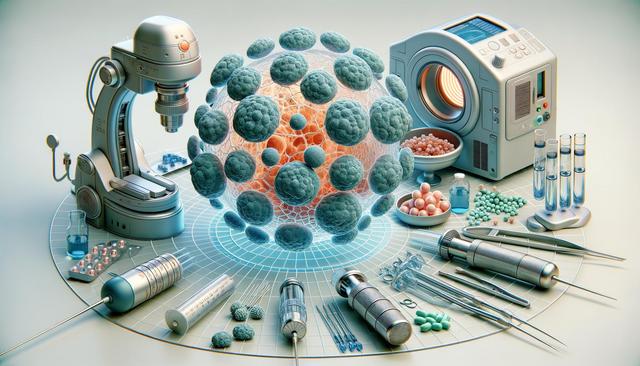Diagnosis and Early Detection
Prostate cancer often develops slowly and may not cause symptoms in its early stages. This makes regular screening vital, especially for men over the age of 50. If you’re wondering about ‘prostate screening near me,’ many clinics and health centers offer accessible testing services. These screenings typically involve a prostate-specific antigen (PSA) blood test and sometimes a digital rectal exam (DRE). Early detection significantly improves treatment outcomes, which is why it’s advisable to book urologist for prostate check appointments regularly once you reach midlife.
There are several risk factors to consider, including age, family history, and lifestyle. Men with a family history of prostate cancer are at higher risk and should begin screening earlier. Keeping up with routine checkups and understanding your personal risk can play a crucial role in early diagnosis and successful management of the condition.
Treatment Approaches for Prostate Cancer
Once diagnosed, treatment for prostate cancer depends on various factors such as the stage of the cancer, overall health, and patient preferences. Standard options include:
- Active surveillance for slow-growing cancers
- Surgery to remove the prostate (prostatectomy)
- Radiation therapy
- Hormone therapy to reduce testosterone levels
- Chemotherapy for advanced stages
Each treatment has its own set of benefits and potential side effects. For example, surgery and radiation can sometimes affect urinary or sexual function. Discussing these considerations with a medical professional helps tailor the most appropriate treatment plan. It is crucial to stay informed and involved in your health decisions and work closely with your medical team throughout the process.
Nutrition and Lifestyle for Prostate Health
One key aspect of supporting prostate health during and after treatment is through proper nutrition and lifestyle choices. Many health experts recommend incorporating the best foods for prostate health into your diet. These include:
- Tomatoes (rich in lycopene)
- Cruciferous vegetables like broccoli and cauliflower
- Fatty fish rich in omega-3 fatty acids
- Whole grains and legumes
- Green tea for its antioxidant properties
In addition to diet, staying physically active, avoiding smoking, and limiting alcohol intake contribute to overall well-being and may support recovery. If you’re wondering how to keep your prostate healthy after 50, these changes can be both preventive and supportive during treatment.
Supplements and Prostate Support
While a balanced diet is crucial, some men may also consider adding the best supplements for prostate health to their routine. These can include:
- Saw palmetto
- Zinc
- Selenium
- Lycopene
- Vitamin D
Before starting any supplement regimen, it’s important to consult with a healthcare provider to ensure there are no interactions with current medications or treatments. Supplements should not replace medical treatment but can serve as complementary support for prostate health, especially during recovery or for long-term maintenance after cancer treatment.
Many men also explore herbal or natural remedies, but it’s critical to rely on evidence-based information and always discuss any new additions with your healthcare team. Personalizing your health strategy with professional guidance ensures safe and effective outcomes.
Emotional Support and Long-Term Outlook
The journey through prostate cancer treatment can be emotionally challenging. Patients may experience stress, anxiety, or depression due to the diagnosis or side effects of treatment. Seeking emotional support from loved ones, professional counselors, or support groups can be beneficial in managing these feelings. It’s also helpful to connect with others going through similar experiences to share insights and encouragement.
Regular follow-ups and monitoring are essential even after successful treatment. These visits help track PSA levels and detect any signs of recurrence early. Knowing how to keep your prostate healthy after 50 includes staying engaged with your healthcare team, making ongoing lifestyle improvements, and continuing with recommended screenings.
Men are encouraged to take a proactive role in their health, from asking about ‘prostate screening near me’ to making informed choices about diet, supplements, and mental health. A comprehensive approach can greatly improve quality of life and long-term outcomes.




Leave a Reply